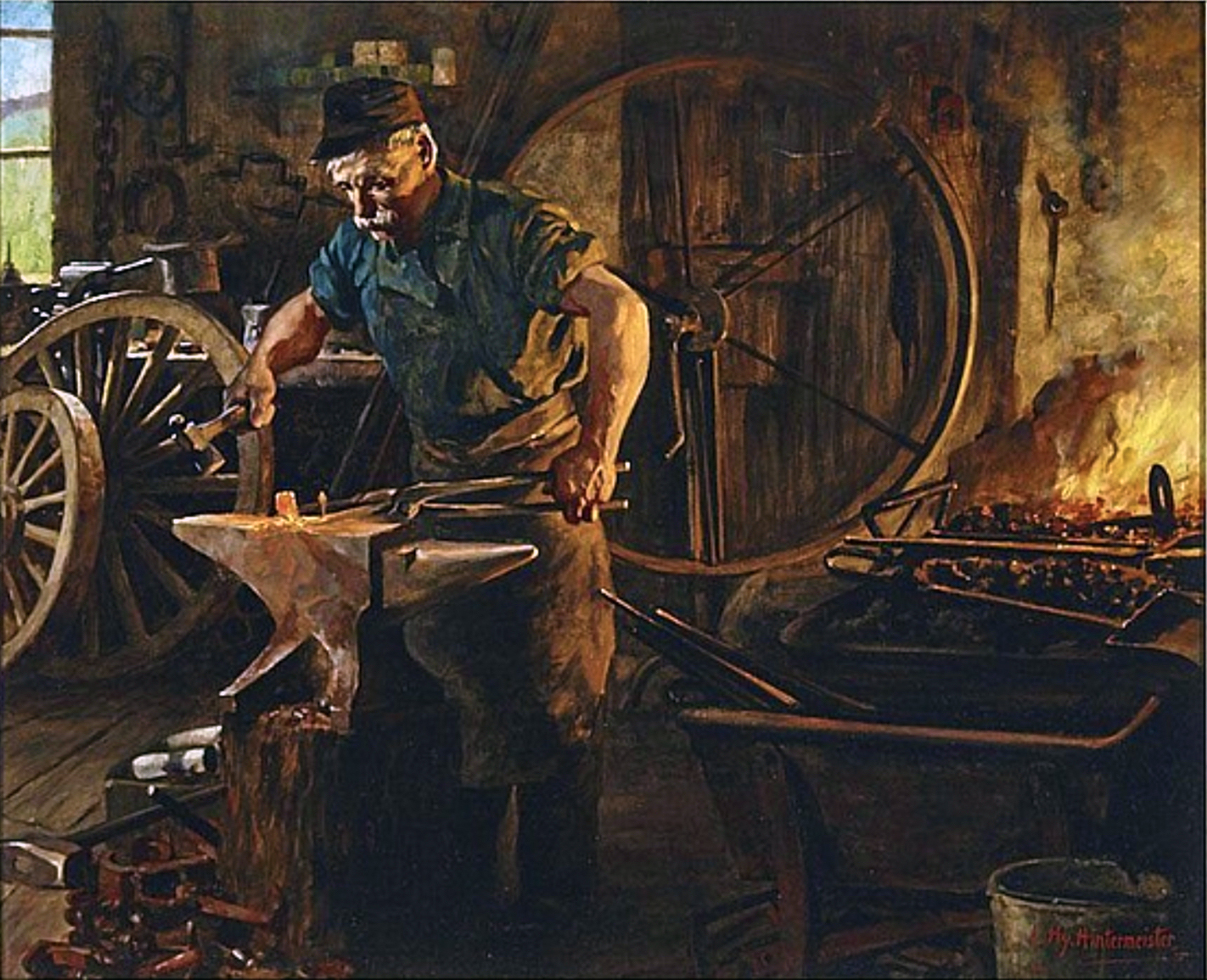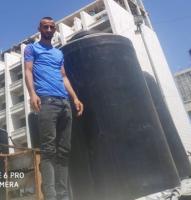Artisan’s Blessing, DM’s Curse

Ok, follow me here and tell me what you think…
Artisan’s Blessing
(Forge Cleric, Channel Divinity, Xanathar Guide to Everything)
Complex, multi-material and multi-piece items such as a set of tools are specifically mentioned as an option, as are duplicates of the same item (pieces of ammunition)
“You conduct an hour-long ritual that crafts a non-magical item that must include some metal: a simple or martial weapon, a suit of armor, ten pieces of ammunition, a set of tools, or another metal object (see chapter 5, “Equipment,” in the Player’s Handbook for examples of these items).”
Additionally, only the source for the creation must be metal. The power explicitly states that the final creation need not be metal:
“magically forming even nonmetal parts of the creation.”
Additionally, Artisan’s Blessing doesn’t reference any need for skills or functional understanding of the items created. No size limitation is listed either, only range:
“coalescing in an unoccupied space of your choice on a surface within 5 feet of you.”
Assuming the Forge Cleric provides the equivalent monetary value (maximum 100gp) in metal source material (Full Metal Alchemist rules are economic in D&D), there isn’t any compelling RAW (rules as written) reason why the following could not be created (non-magical items from the Equipment section of Players Handbook):
- 4 Vials of Acid (25gp each)*
- 1 Vial of Basic Poison (100gp)*
- 500′ coil of silk rope*
- 100gp trade bar or ingot of a different type of metal
- A row boat (50gp)
- A carriage (100gp) or wagon (35gp)
- A magnifying glass (100gp)
* A metal component: band, stopper, etc; if your DM demands at least some small part be metal.
The Argument for Balance
I’ve had more than a few players and DMs exhibit exasperation over this power, so for the sake of balance I want to try to put some perspective on the power.
In my mind this power works like a one-hour trip to a city’s well-stocked trade ward, even while in the depths of dungeon or wilderness and forgoes any intermediary step (like trading/selling metal goods for coins).
Additionally, when using coins to fuel the materials of the power, it provides your game one more outlet for treasure, which I feel is woefully under-serviced in 5e D&D.


















